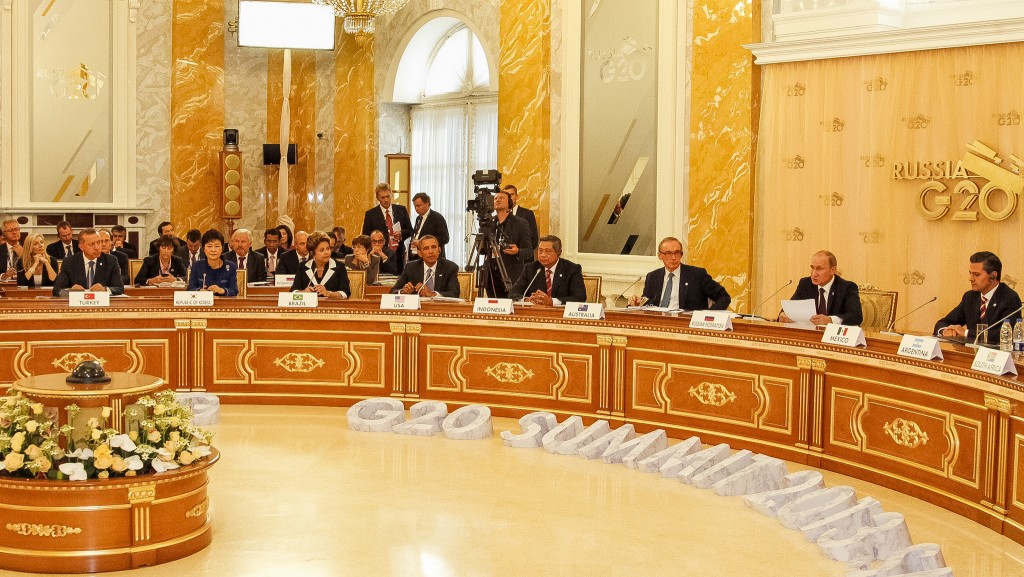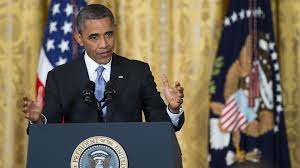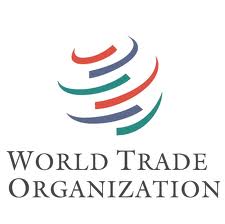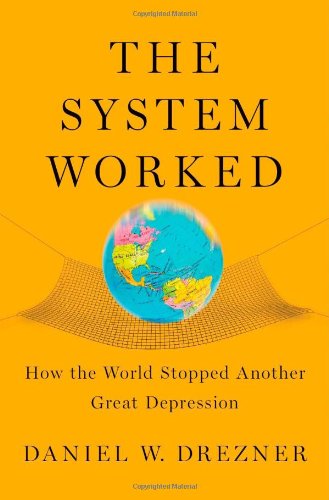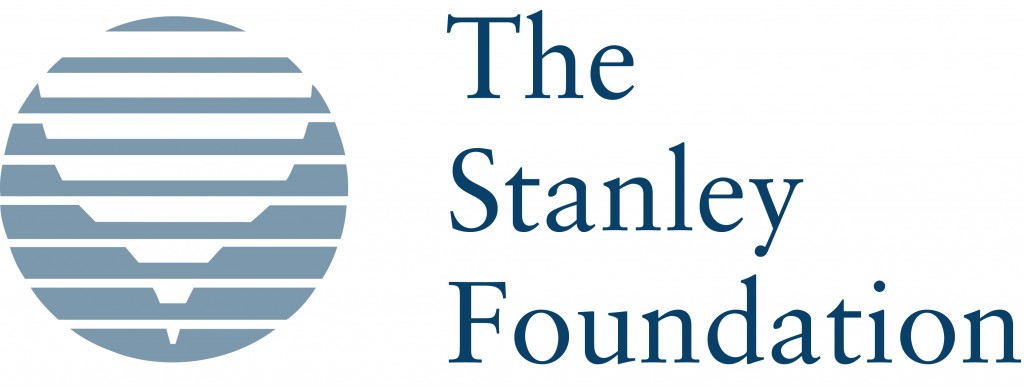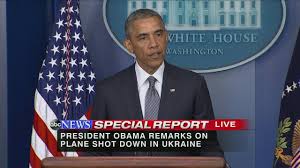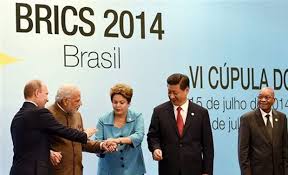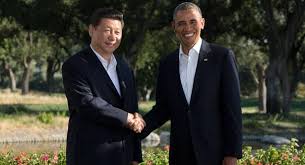As Stewart Patrick reflected today at the Council of Foreign Relations (CFR) on President Obama’s forthcoming remarks to the UN General Assembly, the President will be called upon to: “… convince both foreign and domestic audiences that the world is not spinning out of control and that the United States is determined to keep it that way. At home and abroad, pessimism about the state of the world runs high.” And then Patrick confirmed the bleak view that has come to dominate the analysis of global affairs:
Syria is collapsing, Iraq is fragmenting, and Libya is disintegrating. Authoritarian leaders are tightening their grips from Cairo to Moscow, while Palestinians and Israelis murder each other. The Islamic State of Iraq and Syria (ISIS) is running rampant over the debris.
Now Patrick is not with these remarks, by any sense out of the main stream, in his downbeat description of the course of global politics.

